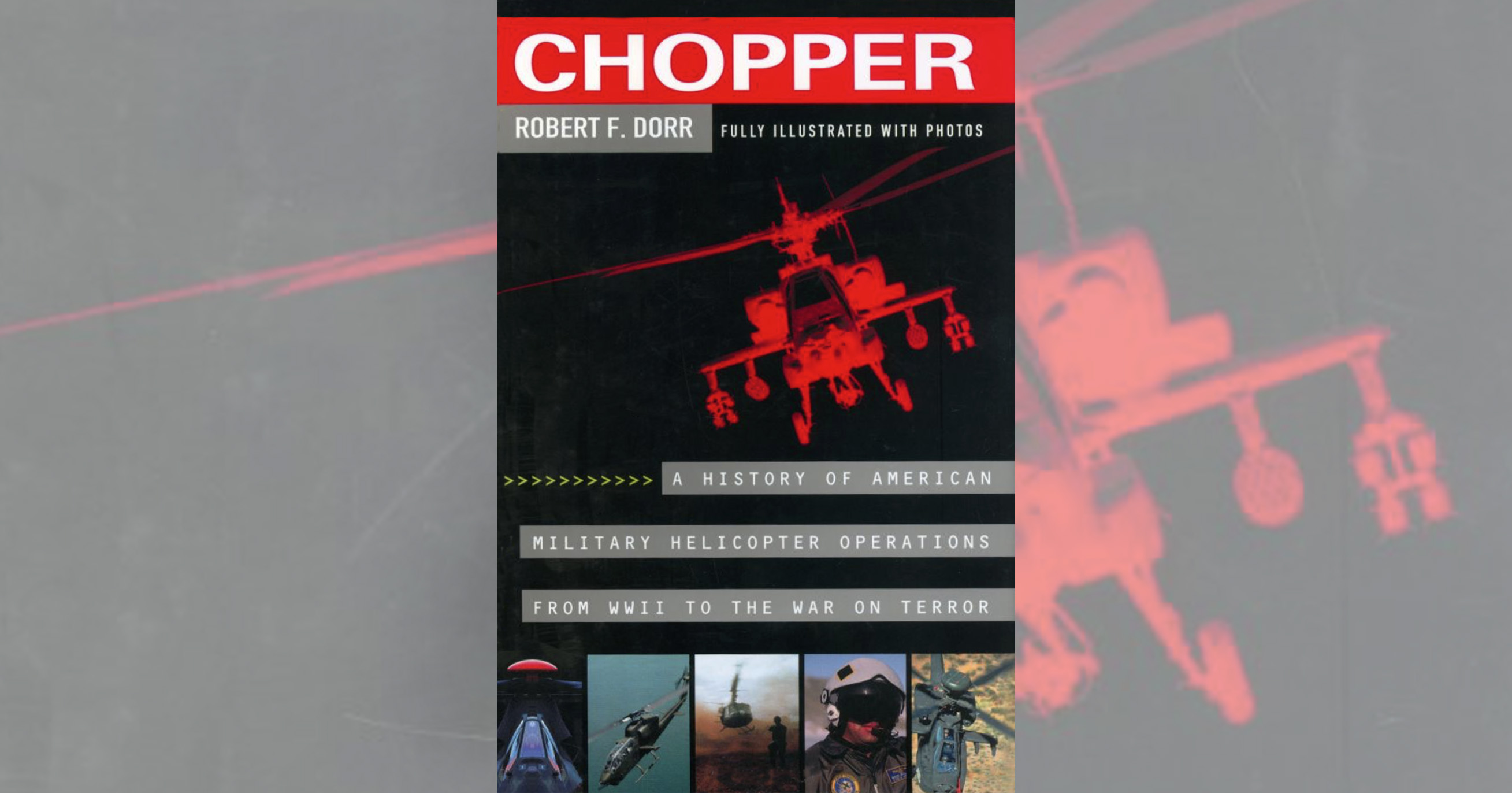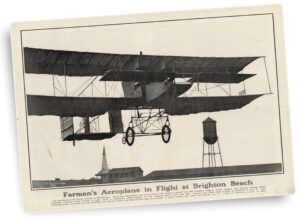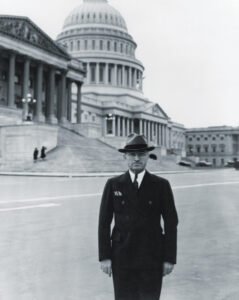Chopper by Robert F. Dorr, Berkley Publishing Group, 2005, $24.95.
Bob Dorr is a prolific aviation writer, covering a vast variety of subjects in an amazing number of publications, all with great authority and accuracy. At the same time, he turns out one excellent book after another, each one characterized by careful research, first-person accounts and excellent, pertinent photographs.
I know his secret. He works at least 12 hours a day, seven days a week, thoroughly enjoying every minute of it. This is when he is at home, of course, for his research often takes him halfway around the world to fly in a particular aircraft with a particular unit.
Chopper, his latest effort, is made up of first-person accounts of American helicopter pilots and crews in combat, from the historic first sortie into Burma in a Sikorsky YR-4B in 1944 to the Marines’ lead-slinging gun runners flying Bell Super Cobras during Operation Iraqi Freedom. Dorr uses an interesting technique to frame his chapters, beginning each one with the subhead “What Happened,” and then using narratives of crew members to explain the action as it occurred. And there is always plenty of action. In addition to the personal accounts, he gives succinct coverage to the history, performance and specifications of the aircraft involved.
As Chopper reveals, war matured the helicopter, placing more demands upon it in each successive conflict. During the piston era, the helicopter struggled to do its job, for it was almost always underpowered for the mammoth tasks assigned it. Jet-powered helicopters were available for Vietnam, which, more than any other war before or since, made the most demands upon the choppers. They were used, as the key people in Dorr’s narrative relate, for attack, medical evacuation, supply, air rescue and much more.
Dorr gets the most out of his interviews because he brings his vast knowledge of the subject to them. In the process, he paints vivid word pictures of the heroes.
What may come as a surprise to readers is the uniformly low-key manner in which the interviewees relate their own exploits, at the same time bragging about their colleagues’ feats. This is perhaps natural. You couldn’t be self-centered and cut it as a helicopter crewman, where teamwork means so much.
Originally published in the January 2006 issue of Aviation History. To subscribe, click here.





